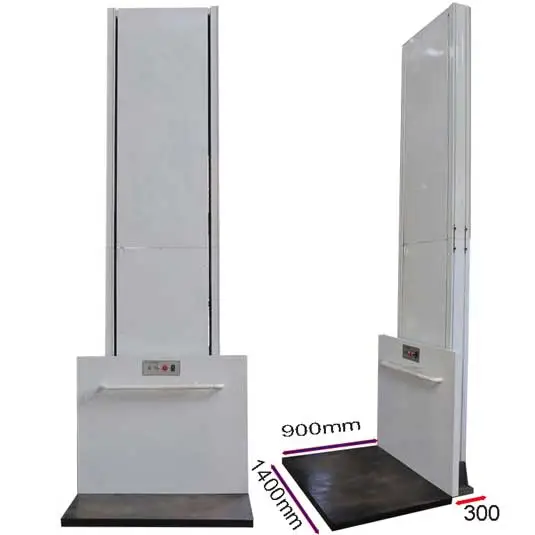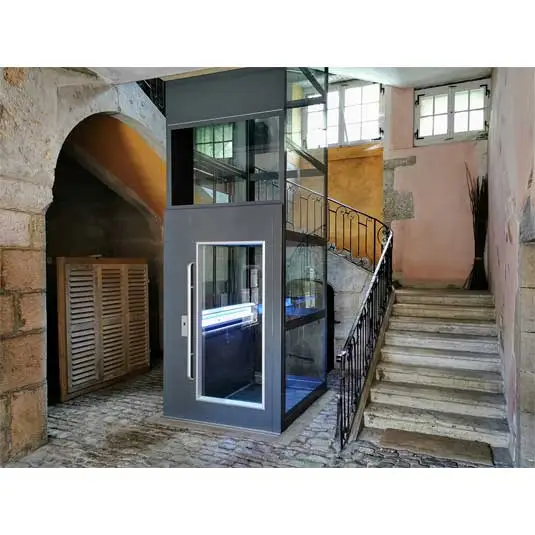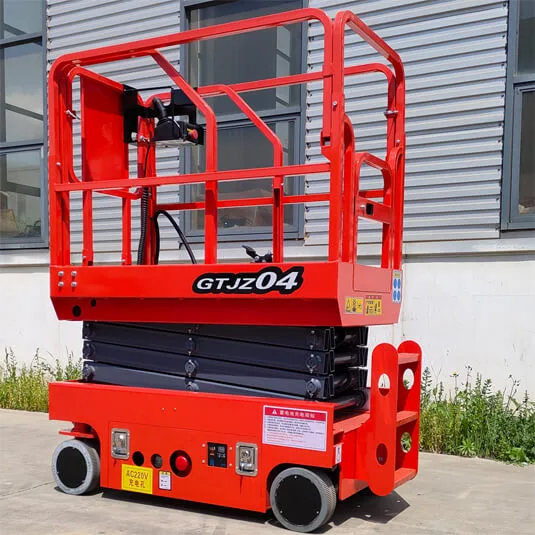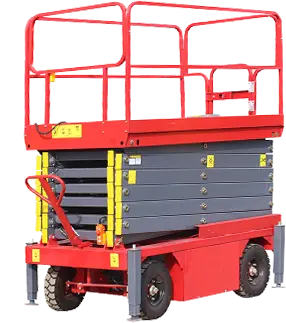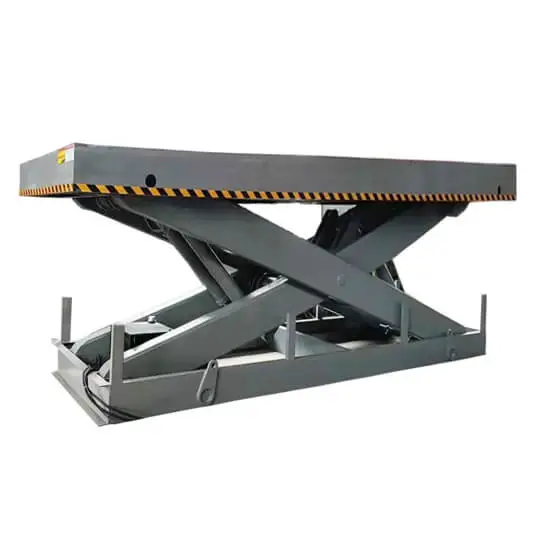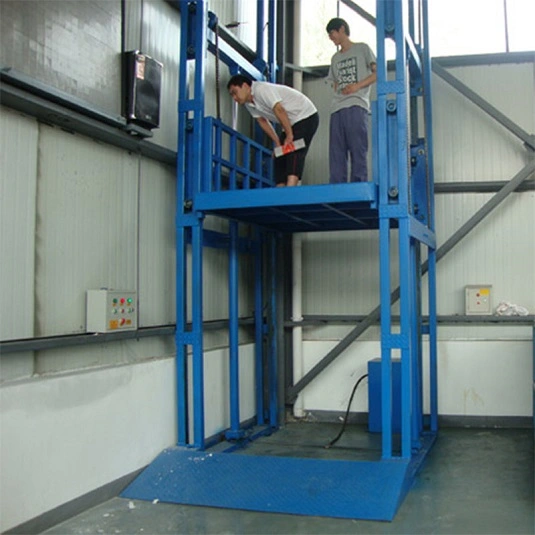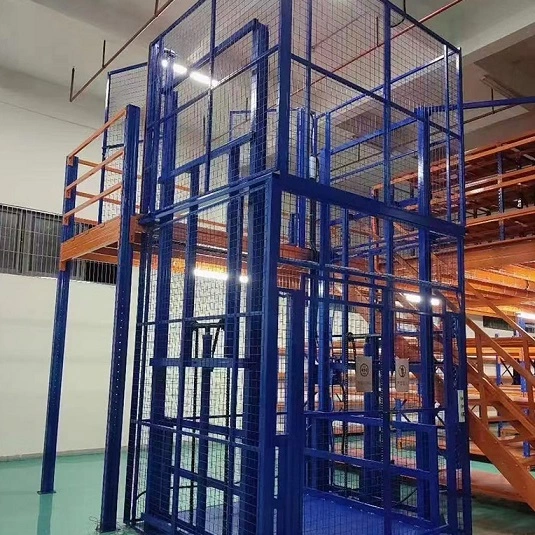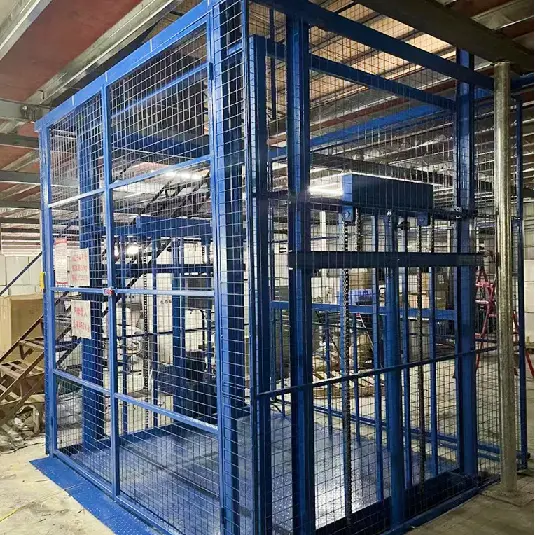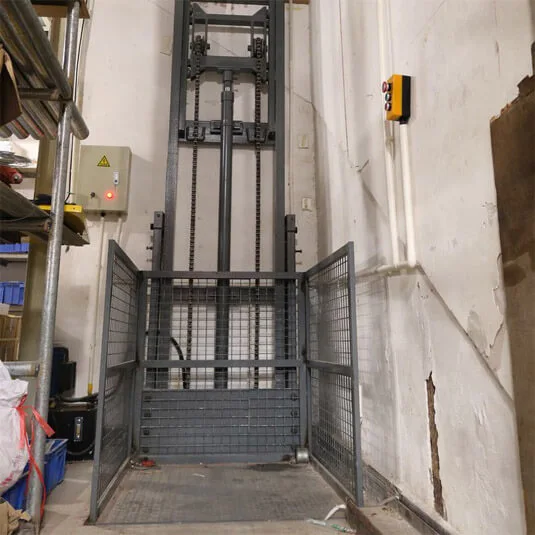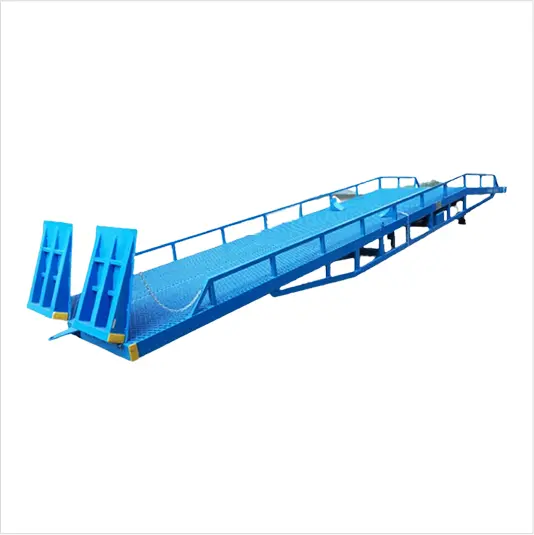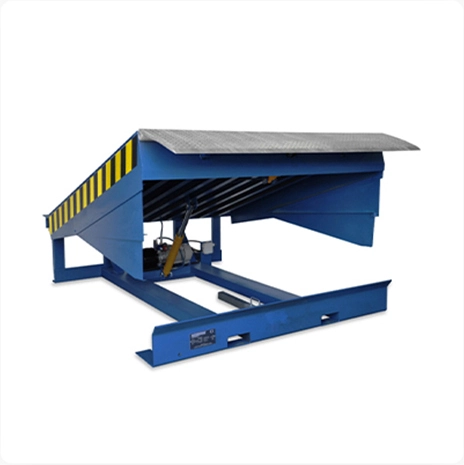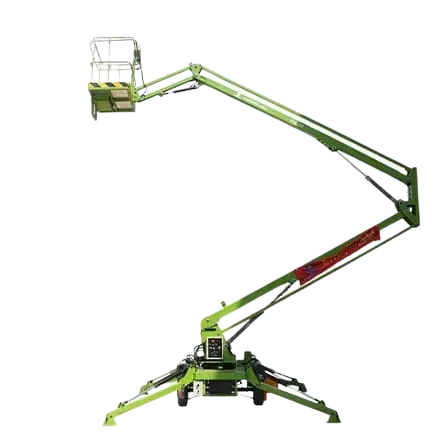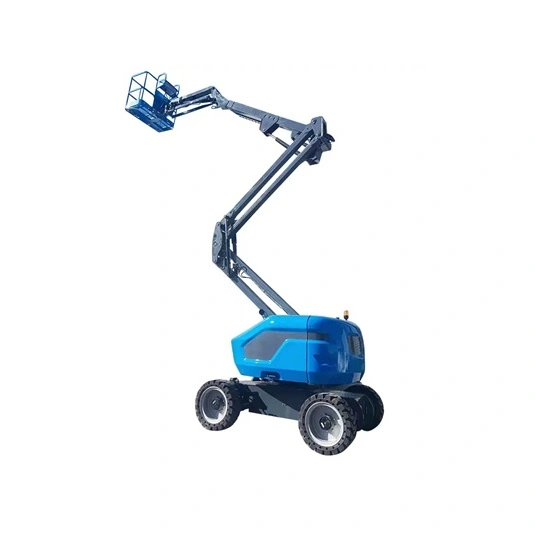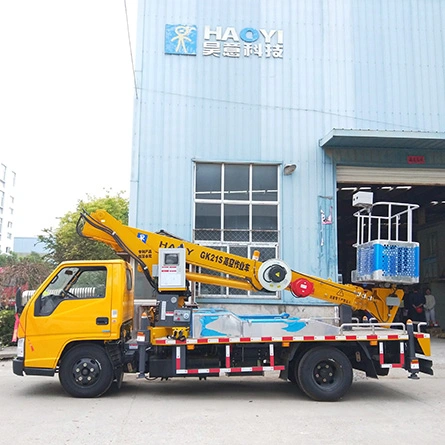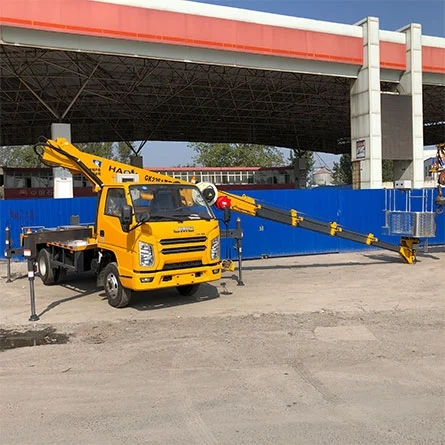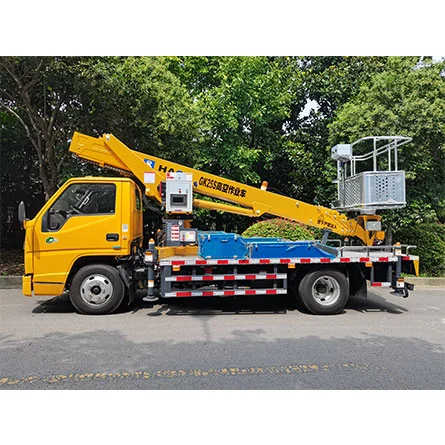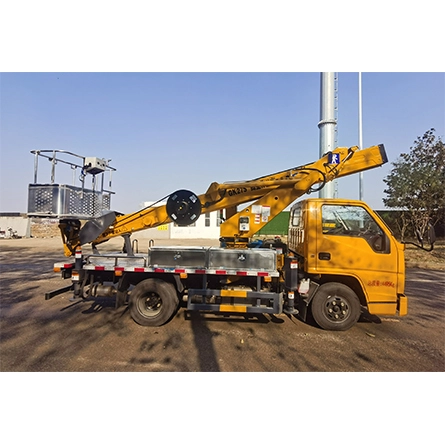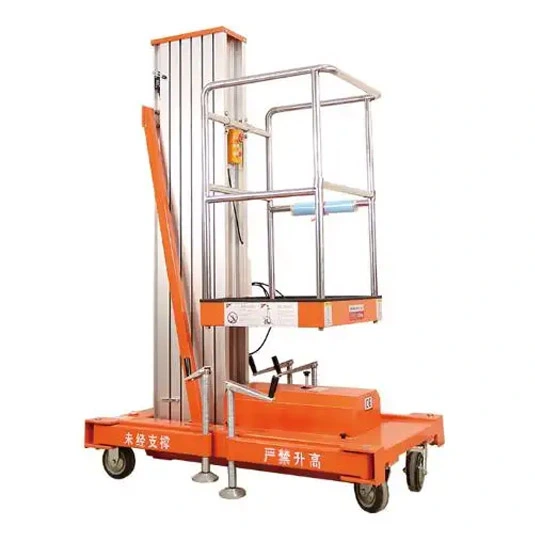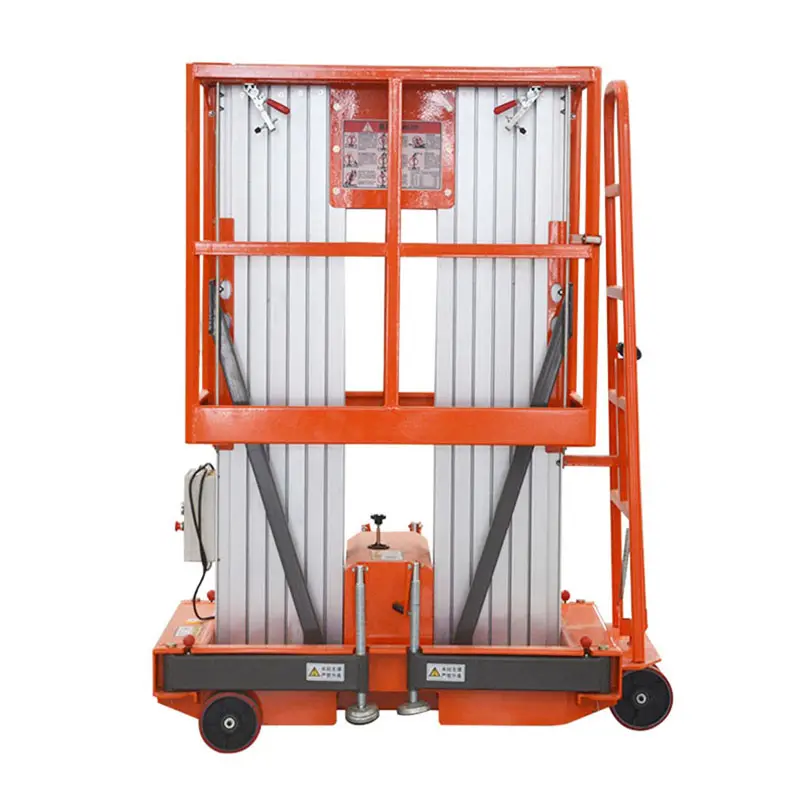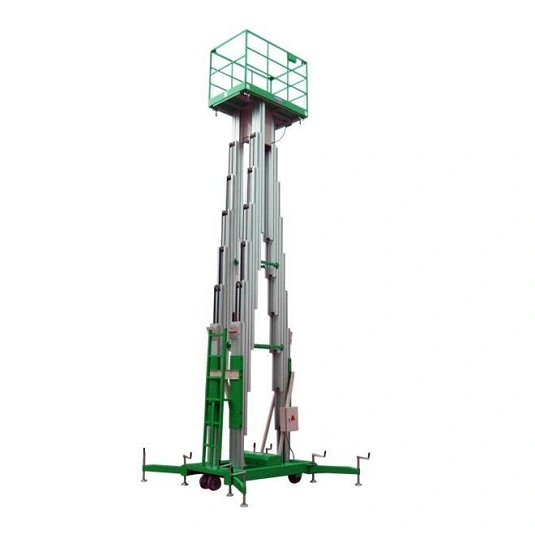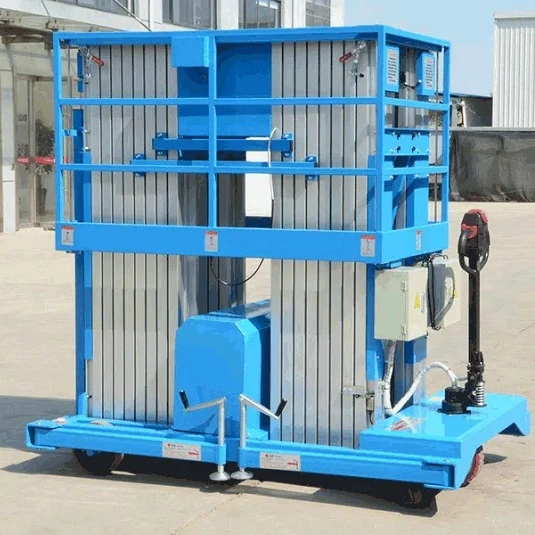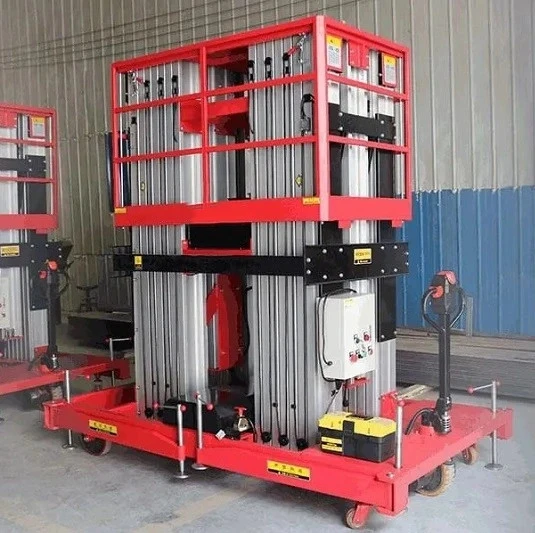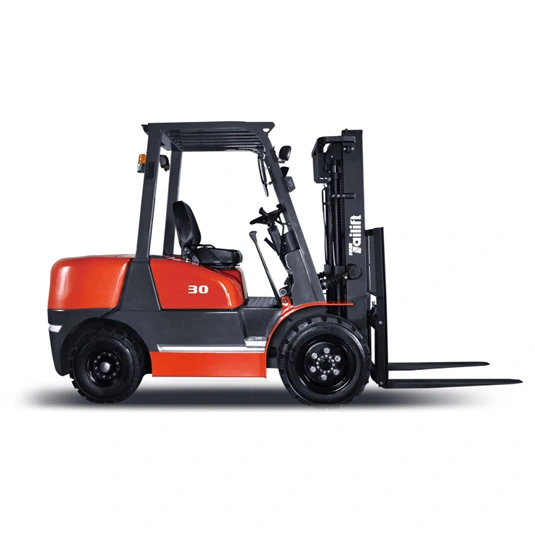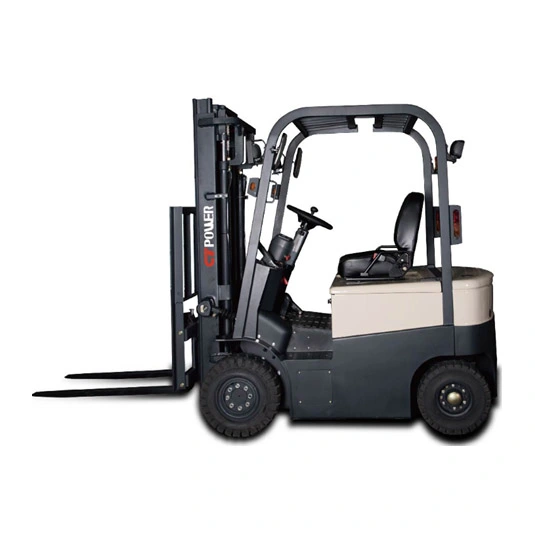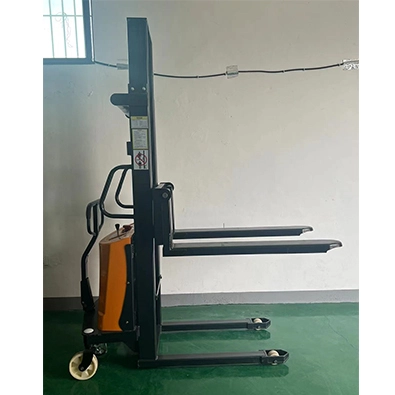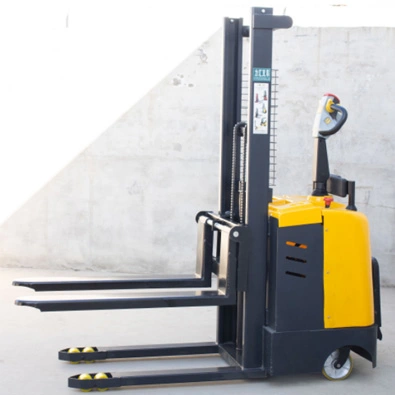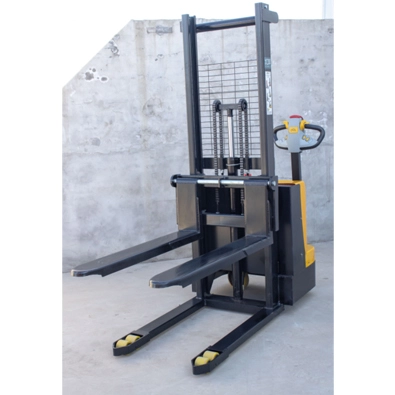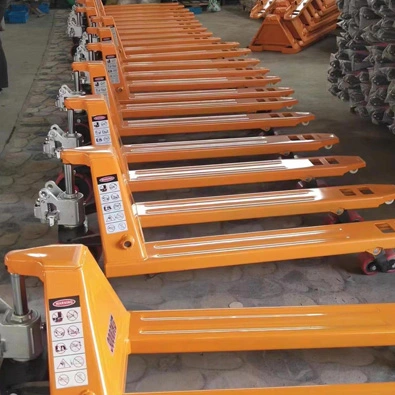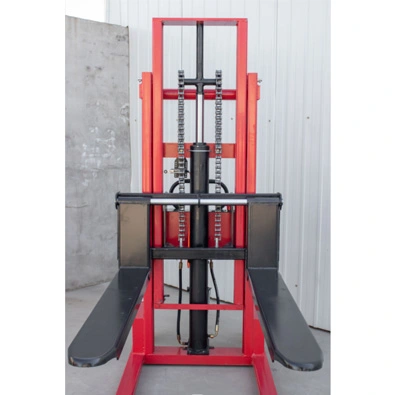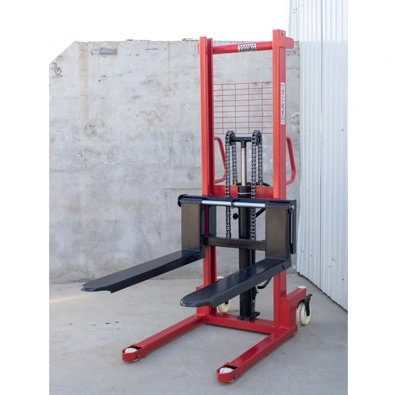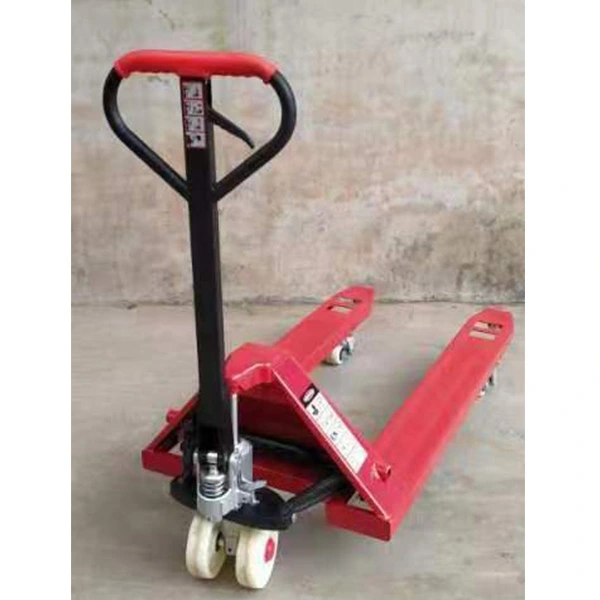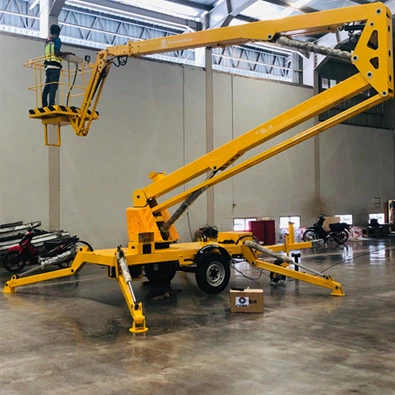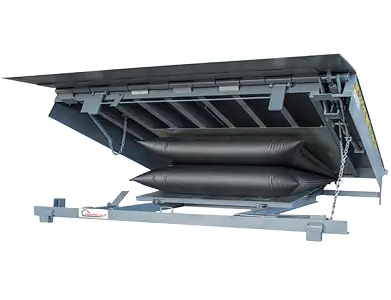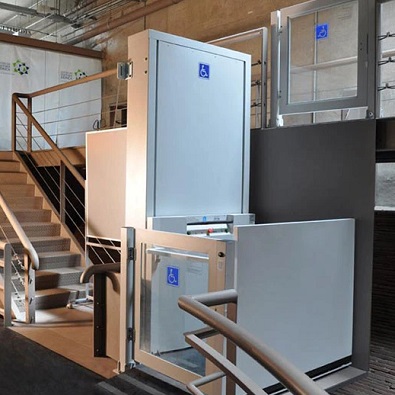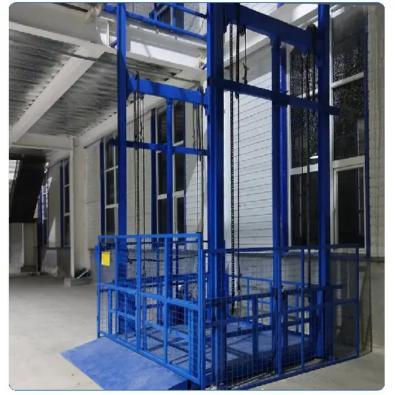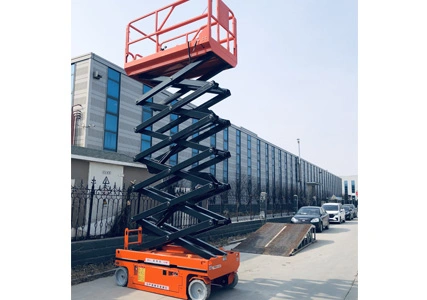In the dynamic world of modern business, efficiency is a prized asset. It's the key to meeting customer demands, streamlining operations, and staying competitive. One technology that has played an indispensable role in achieving this efficiency is the commercial cargo lift. These powerful and versatile machines are not just elevators; they are the workhorses of many businesses, transforming the way goods are moved within commercial settings. In this blog, we will delve into the pivotal role that commercial cargo lifts play in enhancing efficiency and how they have become a driving force in the world of business.
The Efficiency Imperative
Efficiency is more than just a buzzword in business; it's the driving force behind operational success. The ability to move goods quickly and safely, whether within a warehouse, retail store, manufacturing facility, or any other commercial setting, is essential. This is where commercial cargo lifts come into the picture.
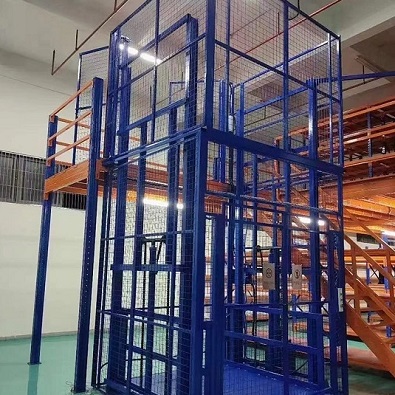
Streamlining Material Handling
Efficient material handling is a cornerstone of any business operation. Commercial cargo lifts excel in this regard by offering a swift and efficient way to move goods between different levels of a building. This efficiency has a direct impact on productivity and cost-effectiveness.
Warehousing Operations
In the warehousing industry, where time is of the essence, commercial cargo lifts play a pivotal role in streamlining material handling. They efficiently transport goods to and from different levels of the warehouse, ensuring that products are readily available for order fulfillment or distribution. This reduces the time and effort required for manual material handling and results in cost savings for businesses.
Retail Stockrooms
In the retail sector, stockrooms are the lifeline of the store. They store, manage, and replenish inventory. Commercial cargo lifts facilitate the efficient movement of products between stockroom levels, ensuring that items are readily accessible for restocking the sales floor. This streamlines the inventory management process and ensures that products are available to meet customer demands.
Vertical Space Utilization
Commercial buildings are often designed with multiple floors or levels to maximize space. Commercial cargo lifts, also known as freight elevators, make the most of this vertical space. They can transport goods between different levels, optimizing the use of the building's cubic footage.
Maximizing Warehouse Space
In warehouses, the ability to stack products vertically is invaluable. Commercial cargo lifts ensure that the entire height of the facility is used efficiently. This reduces the need for extensive horizontal space, resulting in higher storage density and more cost-effective warehousing operations.
Retail Stores and Shopping Centers
In commercial spaces like shopping centers and multi-level retail stores, commercial cargo lifts ensure that goods can be moved quickly and efficiently between levels. This contributes to a seamless shopping experience and ensures that stores can maintain a well-stocked inventory to meet customer needs.
Safety and Risk Reduction
Safety is paramount in any commercial setting. Manual material handling, especially for heavy or bulky goods, can lead to workplace injuries and accidents. Commercial cargo lifts are designed with safety in mind, with features like interlocking doors, emergency stop buttons, and safety gates. These measures ensure the safety of both the goods being transported and the employees working nearby.
Warehousing Safety
In warehouses, where heavy goods are moved regularly, the risk of injury is significant. Commercial cargo lifts reduce the need for manual material handling, minimizing the risk of strains, sprains, and other workplace injuries. This not only ensures the well-being of employees but also reduces workers' compensation claims and associated costs for businesses.
Retail and Manufacturing Settings
In retail stores and manufacturing facilities, where goods are transported to and from different levels, commercial cargo lifts enhance safety by preventing accidents and damage. Their fully enclosed design ensures that goods are securely contained during transport, minimizing the risk of workplace incidents.
Retail Operations and Stock Management
In retail operations, the efficient movement of goods is essential for maintaining a well-stocked inventory and ensuring a seamless shopping experience for customers.
Stockroom Access
Retail stockrooms are a bustling hub of activity, and timely access to inventory is crucial. Commercial cargo lifts simplify the movement of products between stockroom levels, ensuring that employees have quick access to items needed on the sales floor. This not only speeds up restocking but also helps maintain a visually appealing and well-organized sales area.
Distribution and Inventory Management
For distribution centers and retail stockrooms, commercial cargo lifts make the process of inventory management and order fulfillment efficient. They enable the easy transfer of products to and from storage shelves and order packing areas. This streamlines the inventory management process and ensures that customer orders can be fulfilled quickly and accurately.
Commercial cargo lifts have become a cornerstone of efficiency in various commercial settings, from warehouses and retail stores to manufacturing facilities and distribution centers. Their ability to streamline material handling, maximize vertical space, enhance safety, and optimize stock management has made them an invaluable asset for businesses striving to meet customer demands, reduce operational costs, and stay competitive.
Whether it's streamlining the flow of goods in a bustling warehouse, making inventory management more efficient in a retail setting, or providing safe and reliable transport within manufacturing facilities, commercial cargo lifts have become a driving force in the world of business. Their ability to raise efficiency and productivity is a testament to their pivotal role in the modern commercial landscape.

